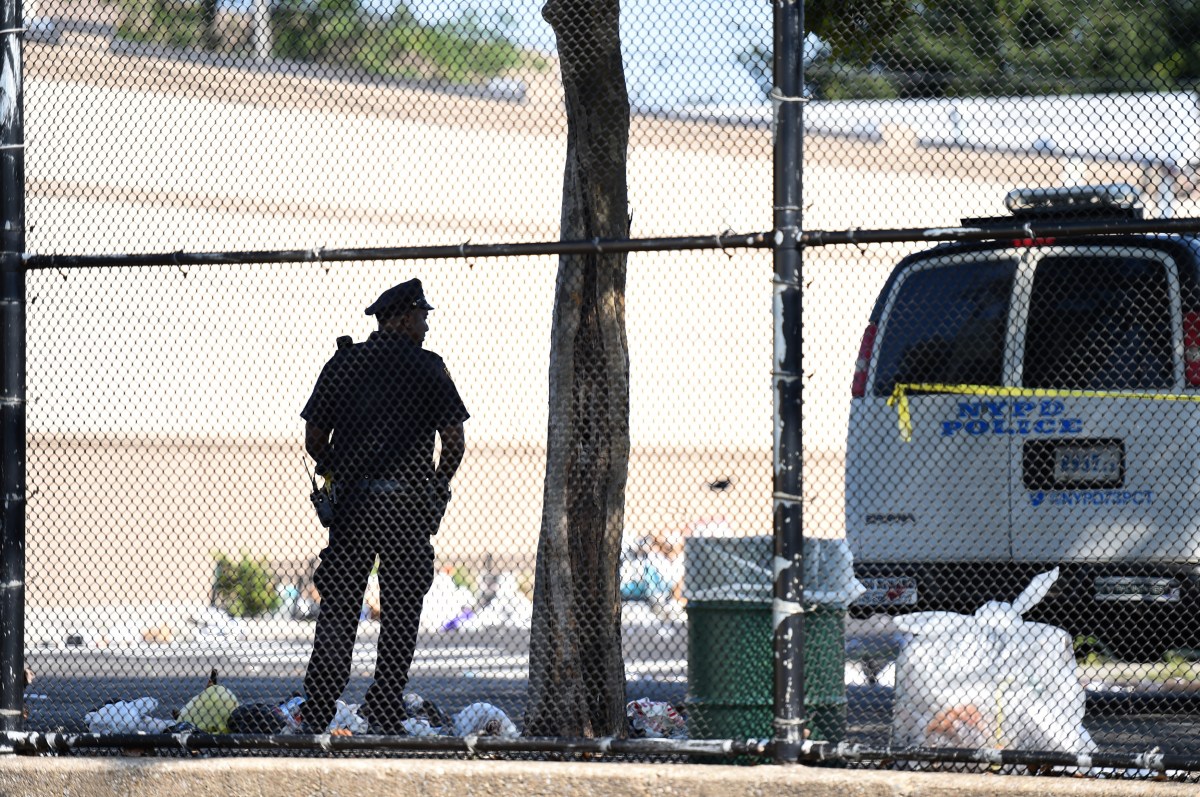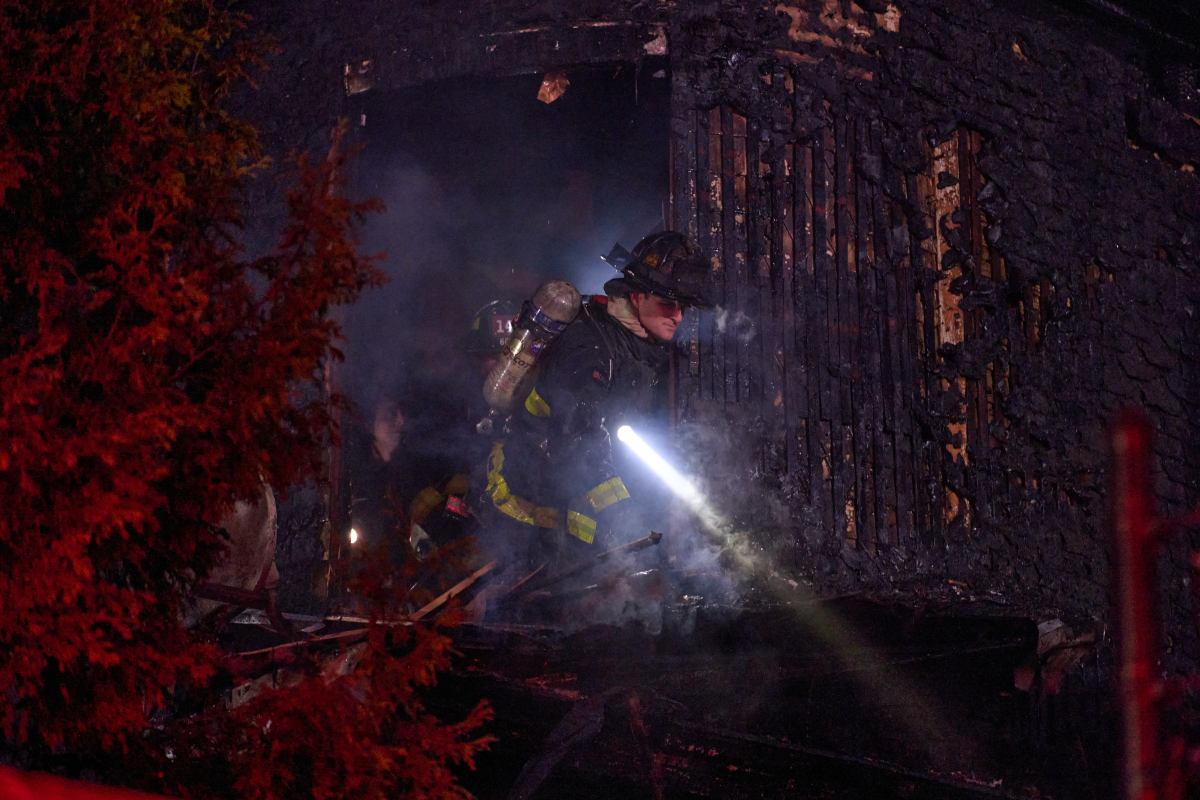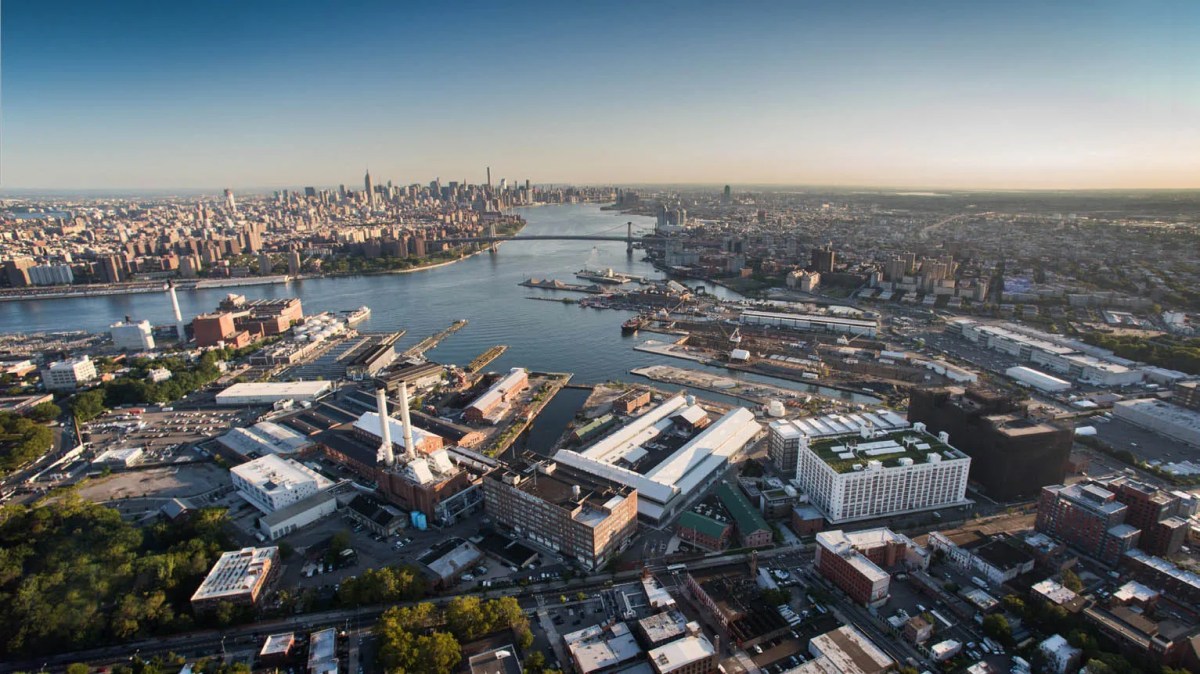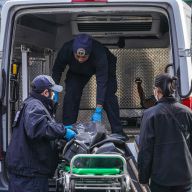The NYPD has plans to encrypt tens of thousands of police radios in 2020 — a development that would cut off news organizations from real-time information on crime, police involved shootings, and car crashes around the city.
If the plan goes forward, the NYPD would join other police organizations across the country — including the Port Authority Police Department and the Nassau County Police Department — and federal investigation agencies.
Rumors had been swirling for some time that the radios would be encrypted. While attending a Dec. 12 press conference in Brooklyn, NYPD Assistant Chief Thomas Conforti of the Deputy Commissioner of Public Information’s office told amNewYork that “all police radios will be encrypted sometime in 2020, just like Nassau County, you won’t be able to hear anything.”
“There has been an influx of emerging technology in law enforcement communications which the NYPD is surveying. The Department’s prime focus remains ensuring public safety best practices and ongoing improvements,” added Sergeant Jessica McRorie, an NYPD spokesperson, in an email to amNewYork.
The NYPD is spending millions of dollars to shut down the radios to all listeners for “security and public safety reasons,” police officials privately said.
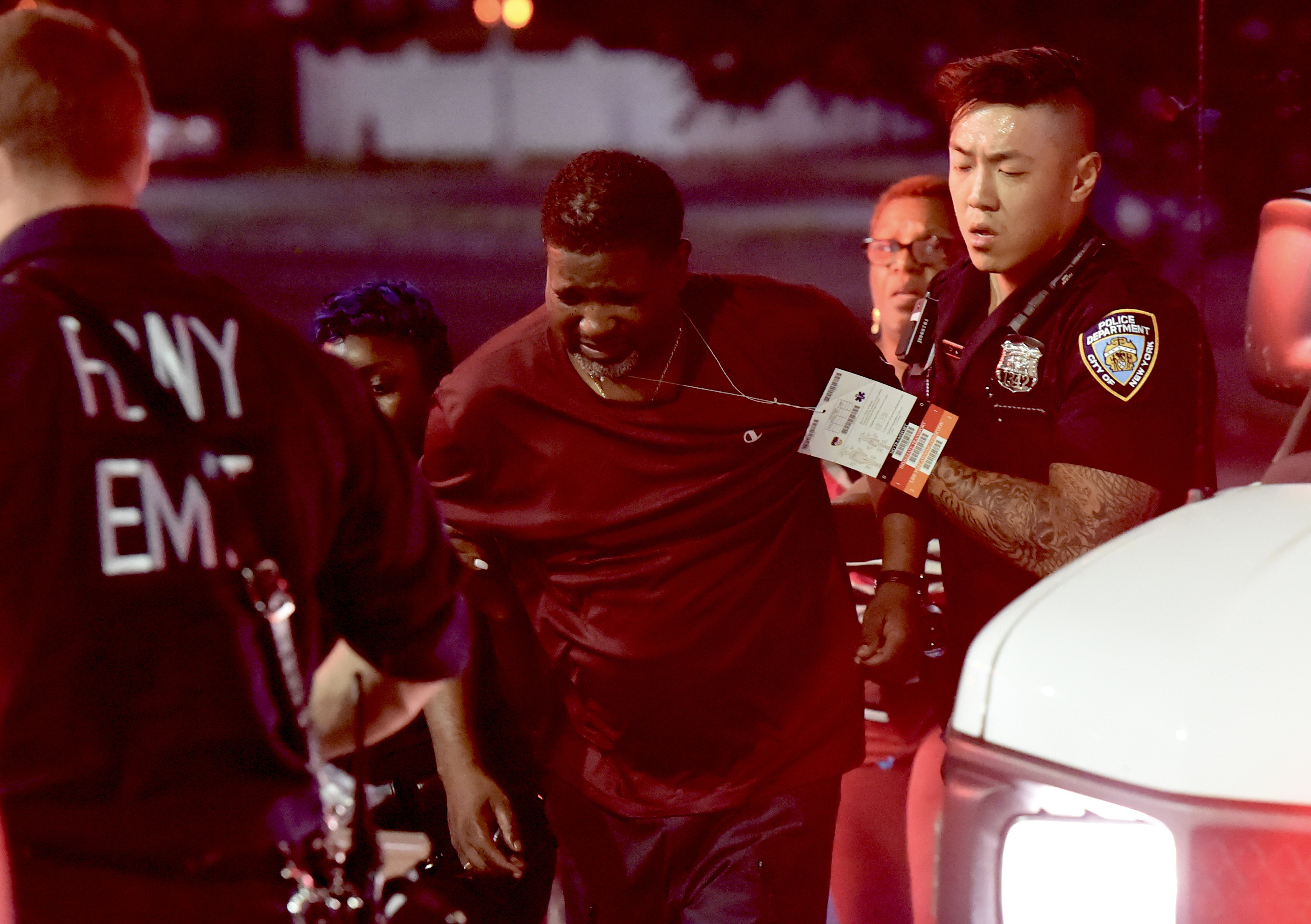
Since the 1930s, press organizations across New York City have had access to police radio feeds — starting with the famous crime scene photographer, Arthur Felig, aka Wegee. At that time, Wegee was given his police radio by the NYPD.
Most news organizations rely on the police radios and the information they gleam to respond to breaking news in a timely manner. Some rely on news services to do the monitoring and provide feeds on police activity in the city, including Breaking News Network (BNN). The advent of the Citizen app allows individuals to report breaking news in their community, but most initial reports are unconfirmed or unverified.
Also, Scanner 911, Broadcastify and several other apps currently stream police communications where they are not encrypted, leading some police agencies to seek encryption to shield confidential communications from prying ears.
City officials claimed they had no knowledge of the plan.
Public Advocate Jumaane Williams, a long time critic of police actions, said he had “no idea.” Councilman Donovan Richards office knew nothing about it despite him being the chairman of the public safety committee.
Council Speaker Corey Johnson also said he “never heard about this.”
State Attorney General Letitia James didn’t know about it either, but said, “We’ll see – I don’t know about that.”
Mayor Bill de Blasio — who has touted his administration for making the NYPD “transparent” — said Tuesday he also had no knowledge of the plan. He indicated he will discuss it with Commissioner Dermot Shea in the coming days.
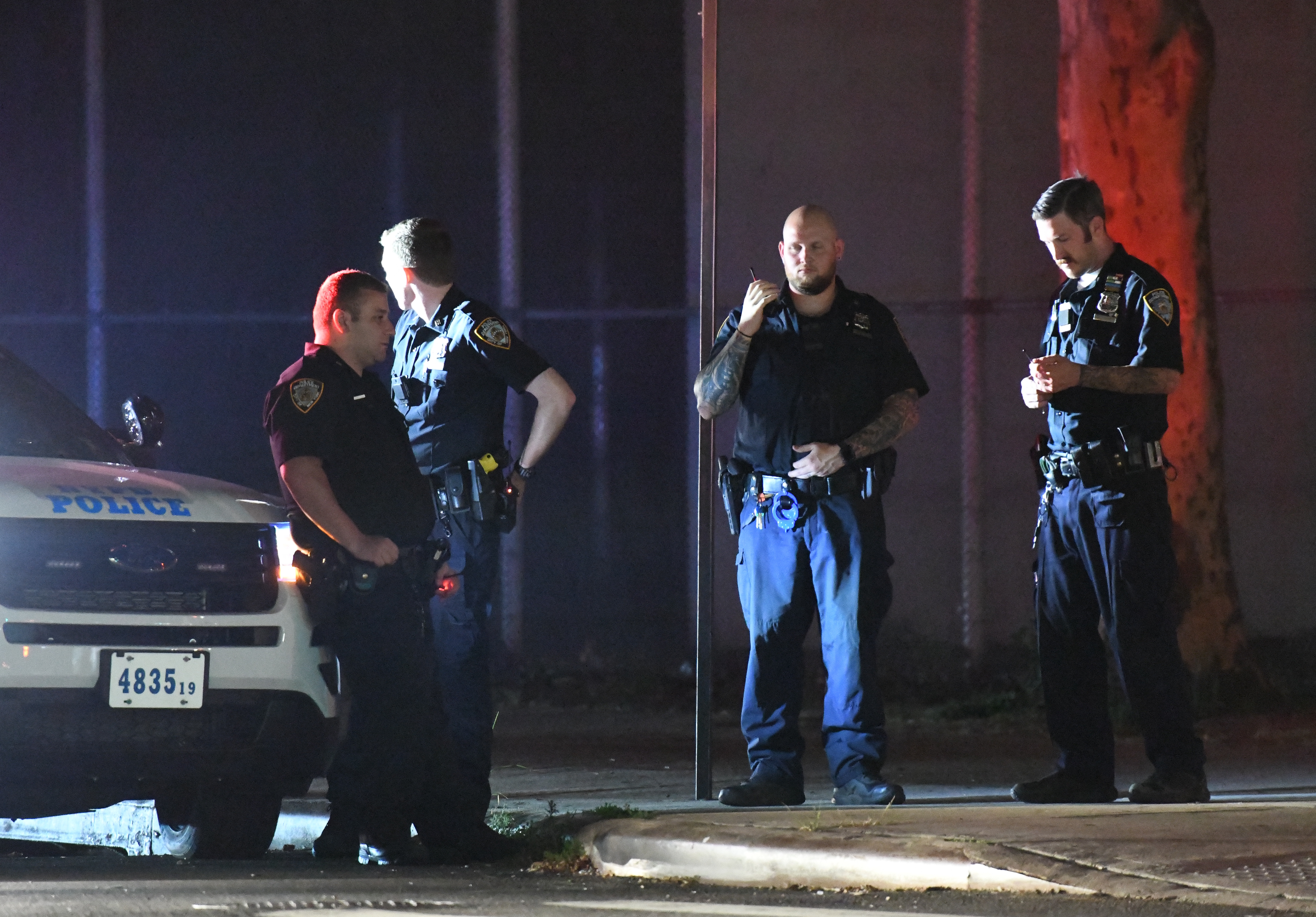
Advocates, when broached about the subject of police radios and scanners, said many of the most important police-related stories would either be never reported or “sanitized” by police sources before accounts of events are distributed through email or social media.
When contacted by amNewYork for comment, a number of television and digital outlets refused to comment on the matter, out of concern of preserving a positive relationship with the NYPD.
Reverend Al Sharpton of the National Action Network said Tuesday that he, too, didn’t know about the plan, and expressed concern that the news media would not have unfiltered breaking news information.
“How do you deal with transparency when you plan to do this?” Sharpton said.
Civil rights activist Reverend Kevin McCall also expressed concern that the news media not be able to receive unfettered access to the police radio calls.
“As we move forward into the new year, dealing with new laws in place, we are talking about transparency across the board, and it did doesn’t look like the NYPD wants to continue in that way of being transparent,” McCall said.
BNN Operations Manager Sean Smith understood that the inability to provide NYPD radio information to the media will be bad for the news business. He said it “is unfair that the public doesn’t know and then the news is presented afterwards by the police.”
“News organizations will be force-fed what’s given to them,” Smith said. “If they don’t want you to know, you won’t know. If police don’t release information to the public, it will be left to judge what happens on the streets – that leads to bad information.”
Bruce Cotler, president of the New York Press Photographers Association, also expressed concern about not having proper information to do their jobs.
“It’s a sad situation and the NYPD plan lacks transparency,” Cotler said. “If it wasn’t for us monitoring radios, we wouldn’t have known about Eric Garner. That could’ve been swept under the rug. This is about checks and balances. We monitor them and make sure they are doing the right job. Otherwise, the NYPD will sanitize the news — that’s terrible.”
Disclosure: The author of this article serves as vice president of the New York Press Photographers Association.
Mickey Osterriecher, general counsel to the National Press Photographers Association, said he understood the need for increased security for police transmissions, but he emphasized the public’s right to be informed.
“By being able to monitor these radio transmissions, and covering the related incidents has been vital and without that information, it will be almost impossible to cover matters of public concern,” Osterriecher said. “We would hope that they would consider, providing encryption code to the news media that requests it, so that we will continue to inform the public.”
The Denver Post is still fighting to regain their ability to monitor police radios, but without success.
The editor of the Denver Post, Lee Ann Colacioppo, was quoted in a recent story saying: “I’m disappointed that Chief Pazen [Denver Police] has taken this wholly unnecessary step. Denver police were unable to provide a single example of Colorado media’s access to the scanner ever interfering with law enforcement activities or putting an officer at risk. Their insistence on encrypting scanner traffic should, therefore, raise important questions about the department’s commitment to transparency. Police activities filtered through the eyes of the public relations team will never provide the public with an understanding of how police in this city operate when no one is watching.”
In California, the State Assembly is pushing AB 1555, which would require police and other law enforcement agencies to give requesting news media organizations access to encrypted radio communications.
Sharpton said he would support similar legislation for New York State, should a state lawmaker draft it.
Here is a pair of police scanner radios in action.



